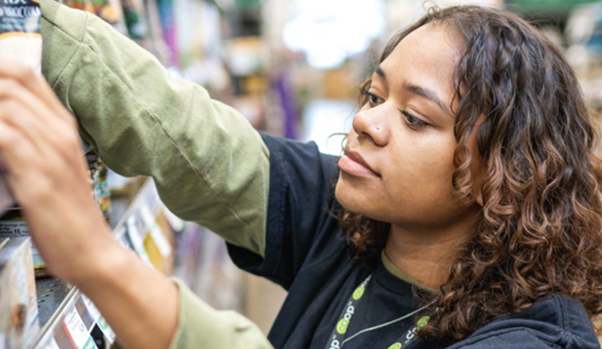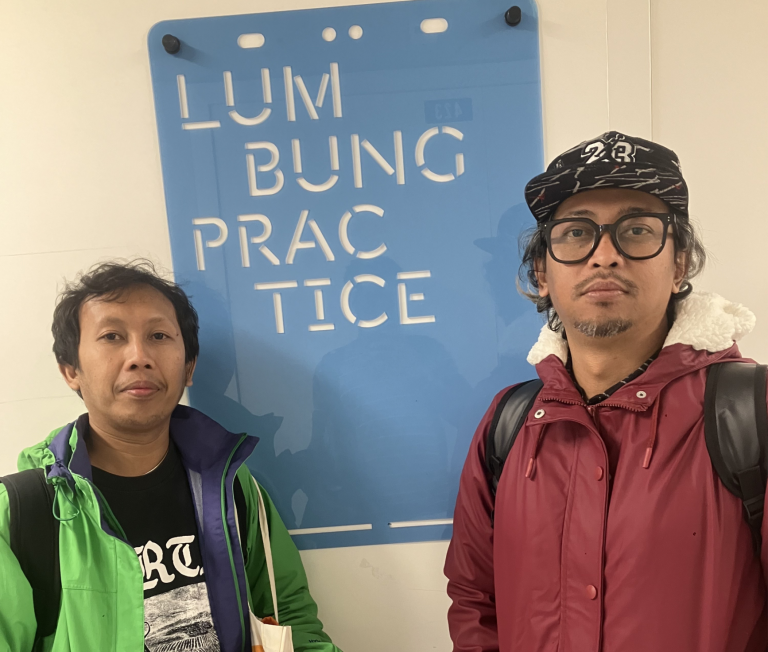Report: Co-ops Outpace Traditional Grocers In Sales
Member food co-ops that belong to National Co+op Grocers (NCG) last year achieved same-store sales growth of 4.7 percent, compared to the overall U.S. retail food market of less than 3 percent in 2024. NCG member co-ops also outperformed traditional retailers in shares of local, organic and Fair Trade product sales.
In their just-released 2024 Food Co-op Impact Report, NCG credits food co-ops’ community ownership model and commitment to building local supply chains among the factors contributing to their success. The annual report analyzes the collective economic, social and environmental impacts and achievements of its community-owned member food co-ops.















